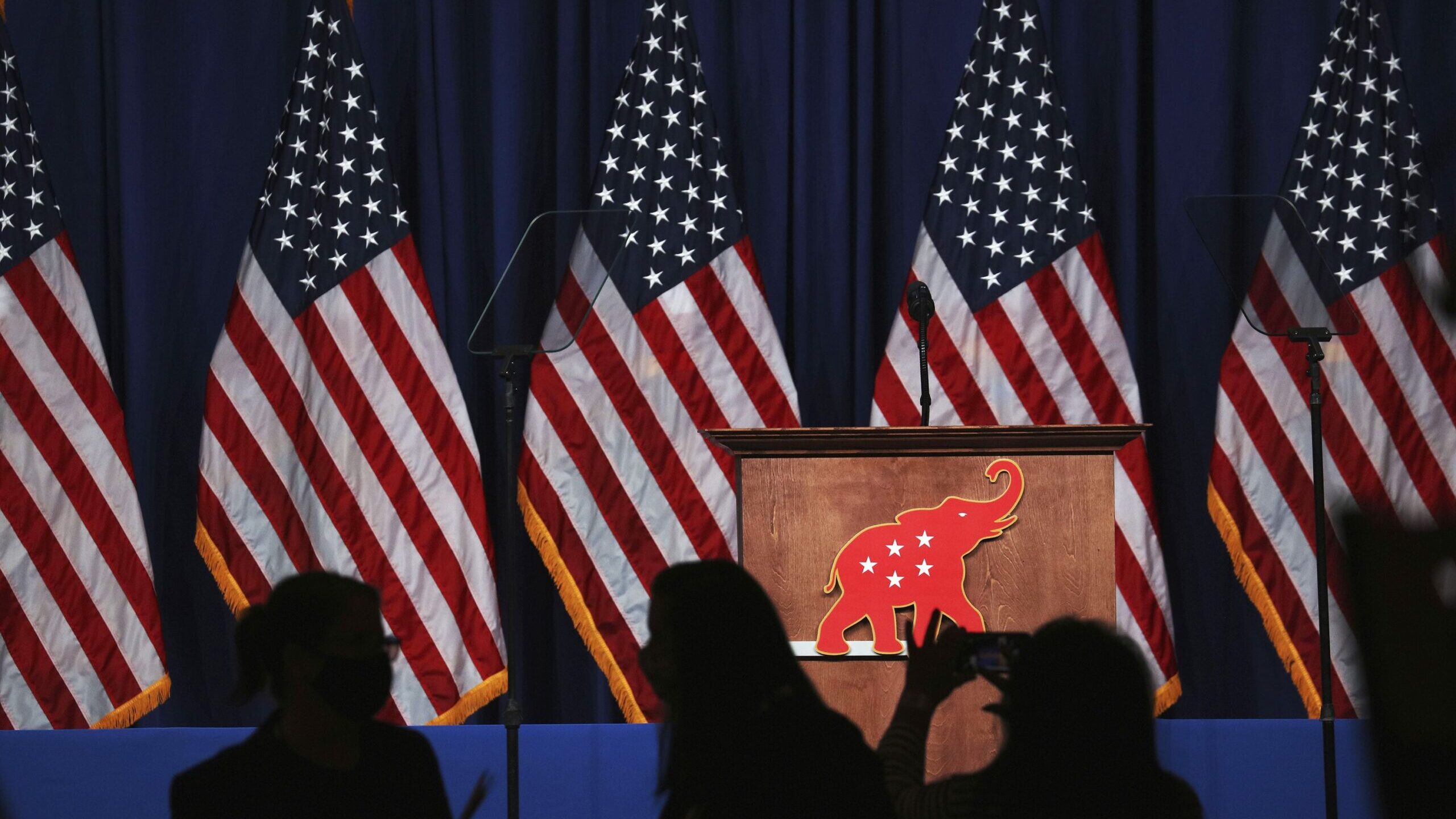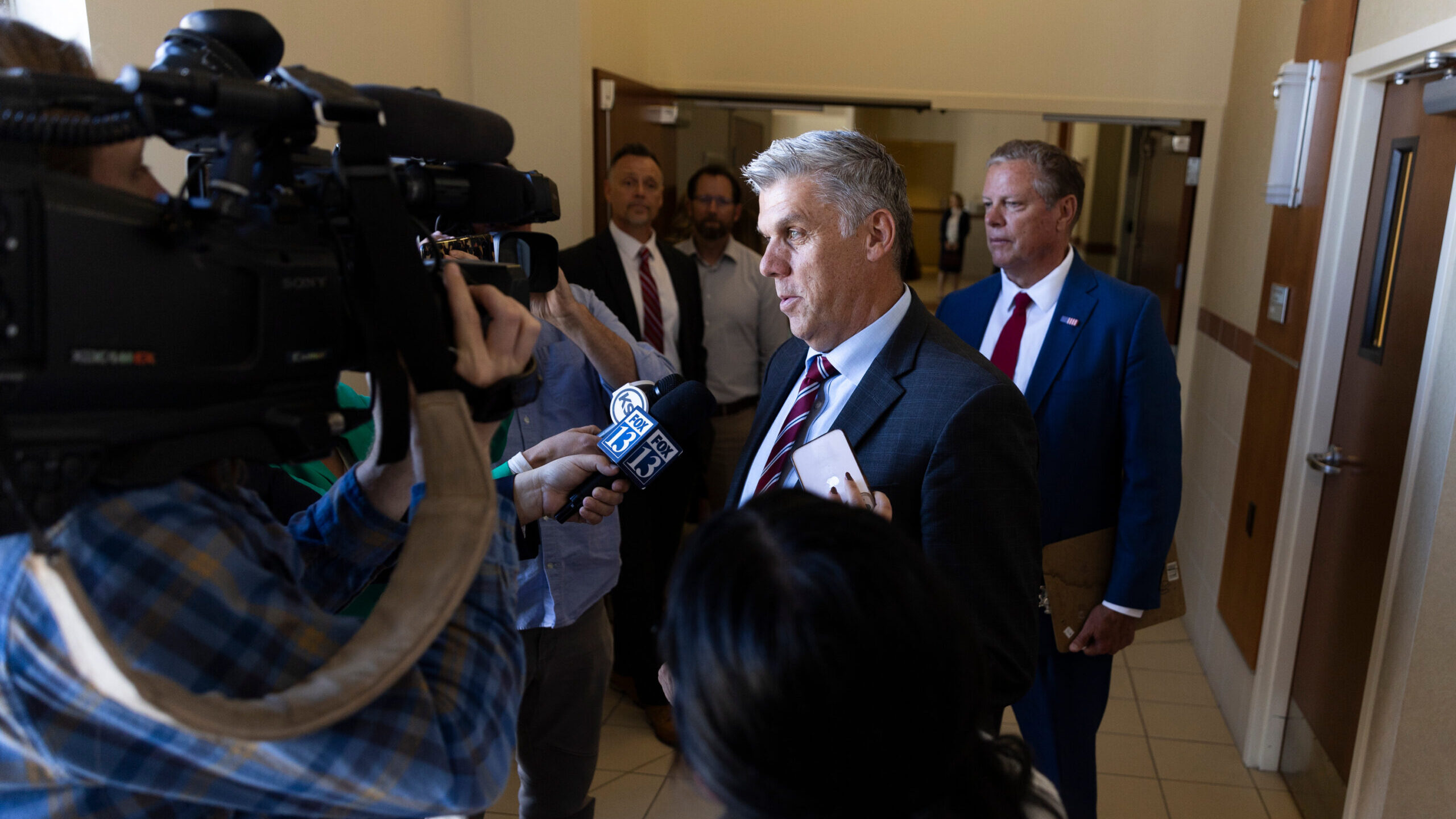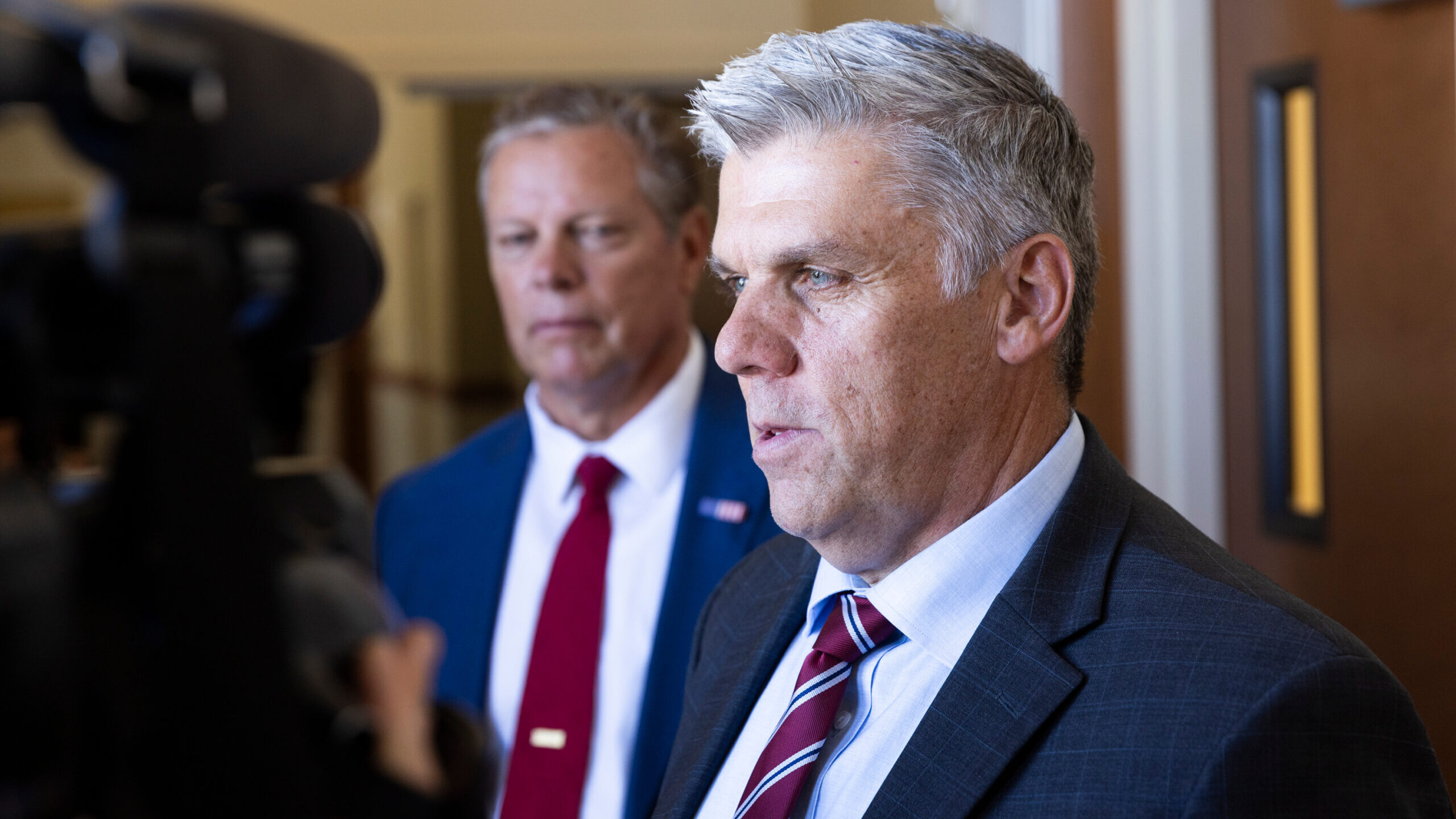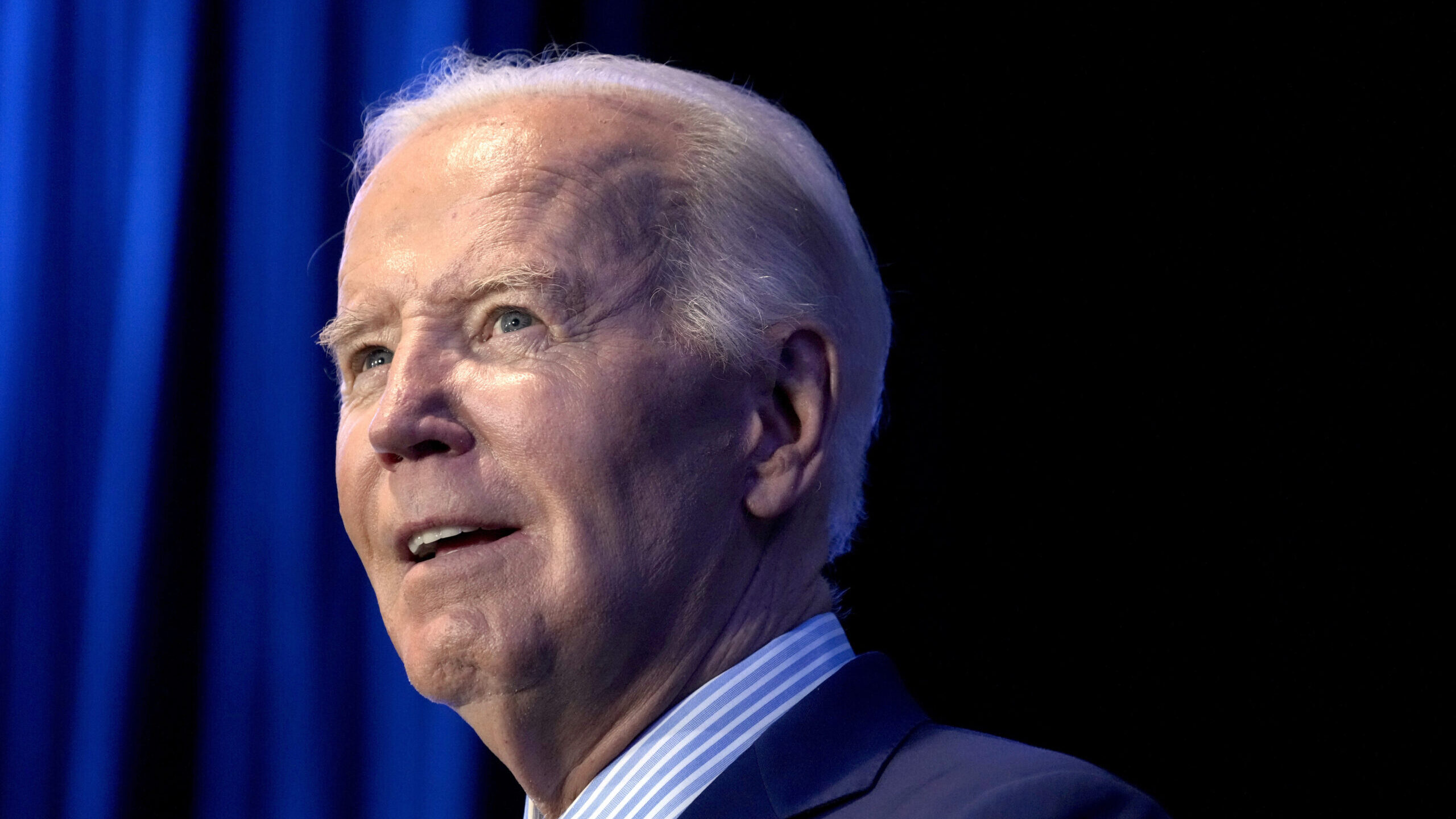Utah lawmaker running bill to keep sexuality, politics, religion from being taught in Utah classrooms
Jul 28, 2023, 4:03 PM | Updated: Aug 13, 2023, 7:55 pm
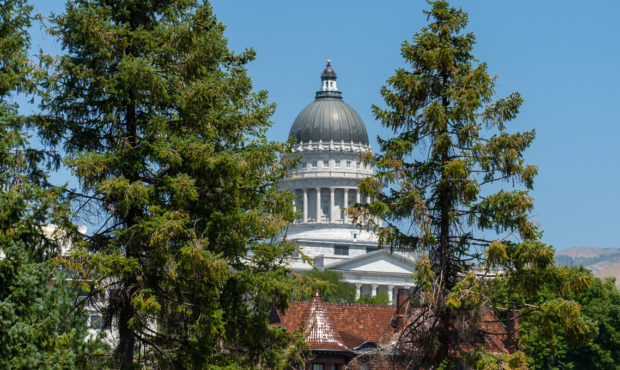
KSL NewsRadio FILE - The Utah State Capitol Building as seen atop the Conference Center in Salt Lake City on August 11, 2021.
DRAPER, Utah — A version of a controversial bill over what can be discussed in Utah classrooms is coming back next legislative session. Rep. Jeff Stenquist, R – Draper, is running a bill to keep sexuality, politics and religion from being taught in Utah classrooms.
Stenquist told KSL NewsRadio it will be different than a bill he ran last year which prevented “discussion or instruction of sexual orientation or gender identity” before third grade — which had identical language to a controversial bill ran in Florida.
Florida’s bill was dubbed by critics as the, “Don’t Say Gay” bill, and was strongly supported, then signed into law, by Florida Gov. Ron DeSantis. At the time, Stenquist rejected the notion that he copied the bill.
Stenquist was one of the lawmakers who recently endorsed DeSantis for president when he came to Utah last week.
Stenquist yanked last year’s bill after Equality Utah stepped in.
Utah has waded into these waters before
Equality Utah Executive Director Troy Williams said he has been having continuing conversations with Stenquist and said legislation like this has been overturned in Utah before.
“In 2017 the state overturned a 20-year law prohibiting advocacy of homosexuality, with near unanimous votes. Our goal then was to ensure that every child should receive an education free from discrimination. We feel the same today.”
In 2017, Utah repealed a law — which Equality Utah dubbed the ‘No Promo Homo repeal’ — that got rid of possibly unconstitutional language banning the advocacy of homosexuality in public school health classes.
“The constitutional rights of every student regardless of their race, religion, sexual orientation or gender identity must be honored and protected…Any proposed legislation must meet that standard,” Williams said of Stenquist’s latest proposal.
What will the new bill do?
Stenquist said his new bill is not targeted at sexual orientation or gender identity, but rather any topic like religion, sexuality, or politics that he said “is inappropriate in a school setting and particularly at certain ages.”
Stenquist wrote on Twitter that he believes that discussions of sexuality “shouldn’t happen at all in elementary school with exceptions of current maturation programs where parents are notified and can choose to opt-out.”
By way of update I decided to put that bill on hold and work on it over the interim. Since then I’ve started having meetings with stakeholders and plan to bring it back next session. I’m getting good input from a variety of perspectives.
— Rep. Jeff Stenquist 🇺🇸🇺🇦 (@JeffStenquist) July 27, 2023
Stenquist said this new bill will focus on what he calls “advocacy” by teachers in classrooms.
“It’s not really so much focused so much curriculum but on other types of discussion,” he said. “…there are lots of subtle ways that ideologies or political viewpoints can be advocated for subtley without being directly added to the curriculum.”
Stenquist admitted he’s threading a fine needle to define what “advocacy” means.
“I’m not looking to be overly prescriptive on exactly what they can and cannot say,” he said. “But there does need to be some guardrails in place.”
There’s no text of the bill yet so it’s not clear what exactly it could prohibit in classrooms.
Stenquist said he’s working on it with input from Equality Utah, education and parent groups.
Reluctance to the proposal
Some educators worry this bill might send a message that feeds a common narrative by some far-right Republicans — that schools and teachers are promoting left-leaning political agendas and “indoctrinating” kids.
Utah State Board of Education member Sarah Reale, D – Salt Lake City, said this bill concept “sends the wrong message” to educators. She argued that a bill like this isn’t needed because the policies already exist at the board, district and school levels.
“It is Teaching 101 to avoid personal opinions in the classroom,” Reale said. “Every educator is taught that.”
Further, she said bills like this — and others recently passed — “are half-baked and are causing more work and confusion for our system.”
“Teachers and students must be able to discuss ‘politics’…to ban political discussion is to ban discussion of government – at least in the US,” Reale said. “Legislation like this…places undue burdens on our schools and uses big government regulation to threaten and show distrust in our talented educators.”


